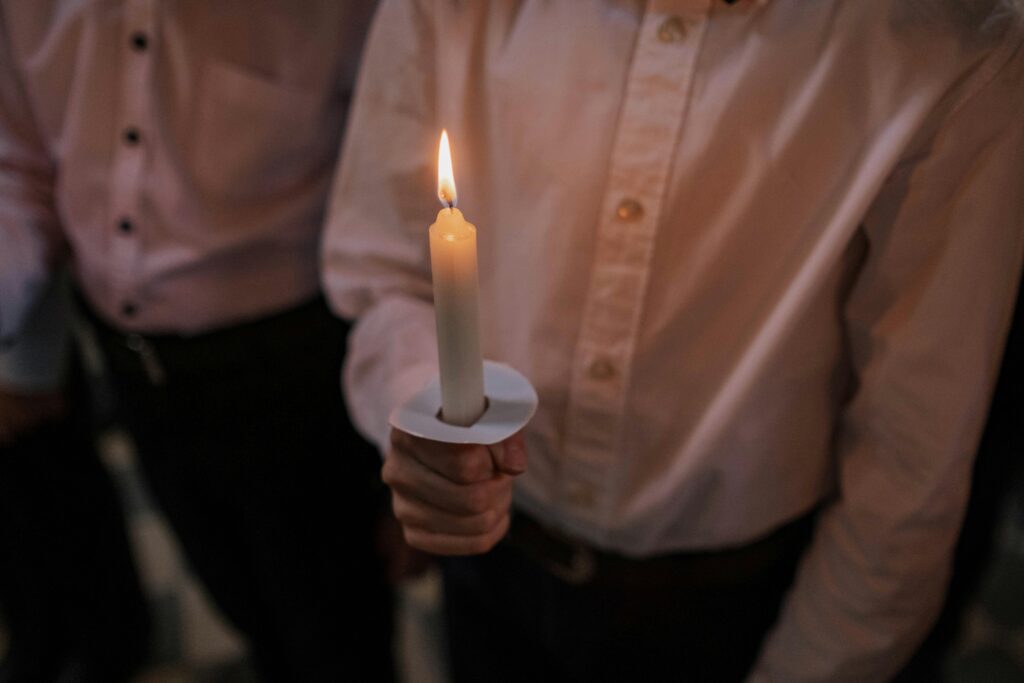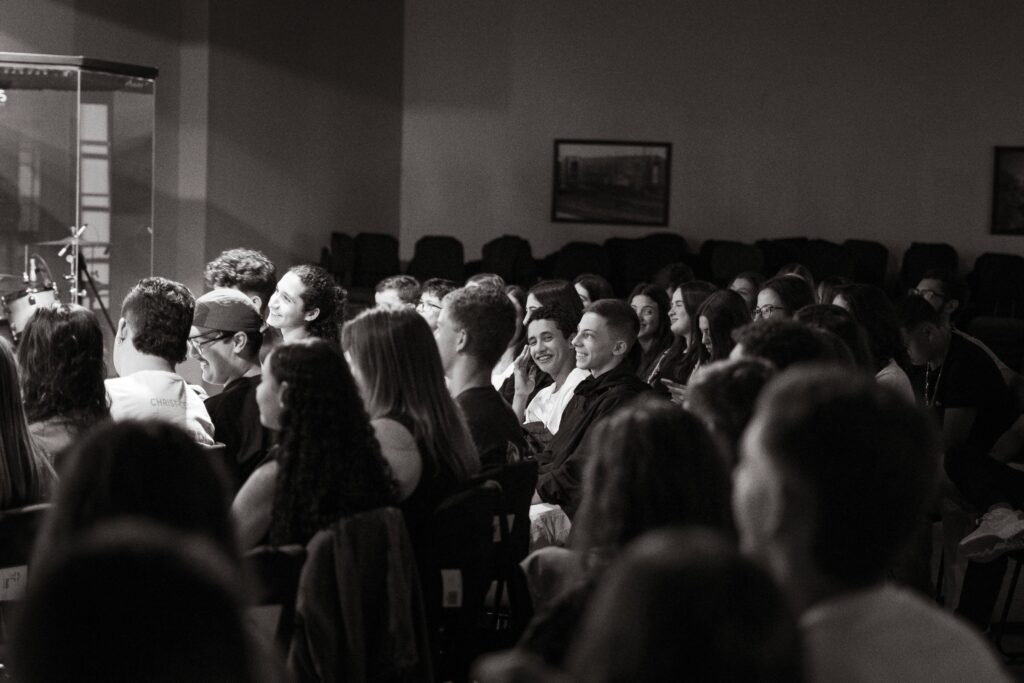Our Existence and Actions as Hispanics and Latinos, Here and Now
Hispanic Heritage Month 2024

Every year, between mid-September and mid-October, around October 12, known as the Day of the Race or the Discovery of America, or – better – as the meeting of the European and American worlds, we celebrate HISPANIC HERITAGE MONTH in the United States of America. This celebration began in 1968 with a Hispanic Heritage Week under President Lyndon Johnson. Then, it was extended to a month and approved into law on August 17, 1988, during the government of Ronald Reagan.
Annually, HISPANIC HERITAGE MONTH celebrates and thanks the Hispanic American community for its cultural and material contributions to the progress and development of this great Nation. At the same time, HISPANIC HERITAGE MONTH is a magnificent opportunity for the U.S. Hispanic community to rethink, beyond parades, our presence in this country, revisit our early dreams and illusions from when we came to this Nation, and recommit to new paths that – here and now – lead us to better achievements for the common good and for the well-being and future of the generations who will follow us.
In the last three decades, on various occasions and through different means, I have shared my concerns about the challenges facing the Hispanic community in the United States and its struggles to achieve full integration into this North American society and to have its contributions – of all kinds – to the life of this Nation recognized and justly valued.
This HISPANIC HERITAGE MONTH 2024 takes on special relevance for our Hispanic community, as we are in an election year. The latest national population census places the Hispanic community as the majority-minority, with more than 63 million people of Hispanic origin residing in the United States, of which about 40% were born here. Approximately 36 million Hispanics are eligible to exercise the right to vote. Some 11 million Hispanics remain undocumented.
These numbers show the importance of the Hispanic community in American life, as well as the issues they face. For this reason, the issue of migration has special significance and weight in our current context and our electoral debates.
The ancient Greeks understood the exercise of politics as a daily task for all citizens, always seeking the common good for the “polis” (city) in its entirety. Very close to this concept of politics and facing the panorama of populism (Fratelli Tutti Chapter 5), political corruption, corruption in public administration, politicking, and the pursuit of petty individual, sectarian, and partisan interests, Pope Francis, throughout his Petrine magisterium, has been exhorting us to exercise the “best politics,” from the commandment of love and universal fraternity that springs from the recognition of others as brothers or sisters and of us all as children of the same Creator and Father.
This “better politics” has, at its core, especially in the Encyclical Letter Fratelli Tutti of October 3, 2020, social friendship in order to envision and create a better world (Chapter 3). This is a world that we can achieve only through a universal love that promotes moral good, freedom and equality, solidarity, and the rights of individuals and peoples, with a heart without borders, open to the whole world (Chapter 4), in dialogue with all (Chapter 6), with political love and love in politics, always in search of the truth (Chapter 7) to achieve peace.
Amidst these appeals from Pope Francis, revealing and reflecting the deepest longings of the heart of man, every man, we ask ourselves: Which candidates and electoral proposals are good and favorable for the Nation? How good are they? Are our party affiliations conscious, well-formed and informed, reasoned and reasonable? What are the real and profound reasons that motivate our political affiliations? Does our Hispanic community in the United States have honest, well-educated, and informed political leaders? Do we and our Hispanic political leaders repeat – in the United States – the political vices of our nations of origin? Do each of us, with our political actions, strive for the unity of the Hispanic community in the United States, or do we build small ghettos and outdated and petty nationalisms that divide and destroy political power and Hispanic strength in this Nation?
The Hispanic community – with its problems – can no longer allow itself to be served by Democrats and Republicans only at election time. Democrats cannot take for granted the vote that the Hispanic community has traditionally given them, and Republicans, for their part, cannot seek the Hispanic vote while despising the value and contribution of immigrants to the progress of this Nation. Immigration reform cannot be a matter that enters discussion only at election time or a card that the politicians of the day play when they seek the votes of our Hispanic community.
After many decades during which immigrants have been mocked through the issue of immigration reform, the short-sighted and petty obstacles that the legislators of the day, from both traditional parties, put into place to address immigration reform and the legal documentation of millions can no longer be the reason and excuse for labor exploitation, or the persecution and trampling of the human dignity of immigrants.
We urgently need the emergence of a new concept of “Hispanicness” and “Hispanicity” in this Nation. This new concept would integrate us, without the loss of our Hispanic and Latin American identity, with full guarantees and human and citizen rights to the life and progress of this Nation. A new conception of Hispanicity that allows us to contribute and enrich with the best of our culture, values, and traditions, and to enrich ourselves– simultaneously –with the new culture, language, and values that we find here.
All these Hispanic issues and urgent needs are advocated by the United States Conference of Catholic Bishops in its NATIONAL PASTORAL PLAN FOR HISPANIC/LATINO MINISTRY. This is a plan through which we are all invited to evangelize, be formed in the faith, accompany families and all those who are in the ecclesial and social peripheries, form young people as leaders of our communities, participate actively in initiatives that promote immigration reform, build a culturally diverse society and Church, and form ourselves in the themes of the Church’s social doctrine and social justice, etc. (Cf. Parts IV and V).
I invite everyone to familiarize themselves, in their parishes, with this PASTORAL PLAN and to participate actively in it. I invite you all to experience this HISPANIC HERITAGE MONTH as an opportunity to celebrate and reflect on our political and electoral selves and work, here and now, as Hispanics/Latinos in the United States.
Mario J. Paredes is CEO of SOMOS Community Care, a social care network of over 2,500 independent providers responsible for reaching and delivering care to over 1 million Medicaid lives across New York City.
Related

Cardinal Arizmendi: Beware of Artificial Intelligence!
Felipe Arizmendi
09 April, 2025
5 min

Revolutionize Celebrations
Mar Dorrio
09 April, 2025
2 min

Reasonable Answers About Our Faith
Mario J. Paredes
09 April, 2025
5 min

Sensitivity in a Managerial Key: The Forgotten Muscle of Meaningful Leadership
Alejandro Fontana
08 April, 2025
3 min
 (EN)
(EN)
 (ES)
(ES)
 (IT)
(IT)

